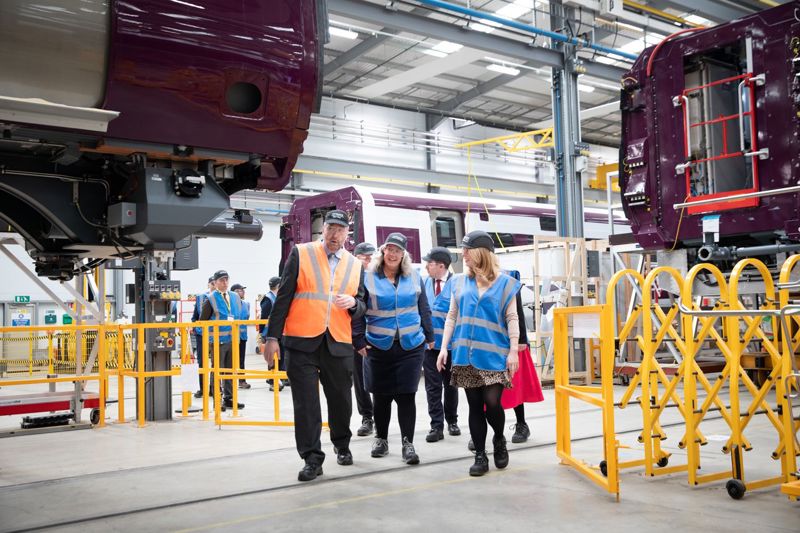
Transport Secretary Heidi Alexander has told RAIL the government still sees a role for open access operations, after rail reform.

Transport Secretary Heidi Alexander has told RAIL the government still sees a role for open access operations, after rail reform.
Alexander made the comments during a visit to Hitachi’s Newton Aycliffe factory, following Arriva’s £300 million order for new tri-mode trains to replace its entire Grand Central diesel fleet.
RAIL was the only industry title present as she visited the County Durham site, where she also faced questions from the local and regional media, keen to learn what the Grand Central order would mean for the factory’s future.
The new sets will be powered using overhead line equipment, battery or diesel, with the order also including a ten-year maintenance contract.
Financed by Angel Trains and planned to enter service in 2028, nine five-car trains will replace GC’s Class 180s and ‘221s’, following the decision by the Office of Rail and Road (ORR) to extend the open access operator’s existing rights between London, Bradford Interchange and Sunderland until December 2038, as exclusively revealed by RAIL.
During an interview inside the Hitachi factory, RAIL quizzed Alexander on the government’s stance on open access operators such as Grand Central, given that she had written to the ORR in January saying that “there is a
balance to be struck to ensure the benefits provided by open access operators outweigh the impacts they have on taxpayers and the ability to operate the network efficiently”.
She said: “We will always look at new open access applications on a case- by-case basis, and we have always been clear that we see a role for open access in the re-formed railway.
“Where an open access application opens up new routes, gives new opportunities to the travelling public, and where an application isn’t primarily abstractive in terms of the revenue impact on the public sector operator, then we will welcome applications such as those.
“We also need to consider the impact on operational efficiency of the rail network, given that there is finite space.”
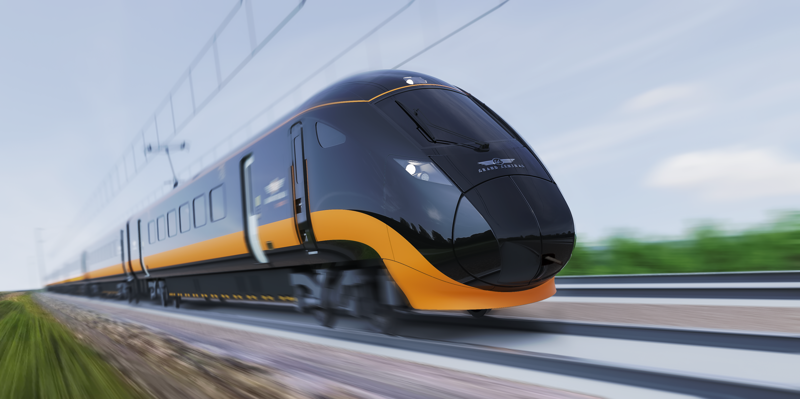
As for train operating companies which are controlled by the Department for Transport, Alexander explained to RAIL that the government was looking at new trains.
“I dare say that Hitachi would say to me that further additions to their order book would be welcome,” she said.
“We have a pipeline of procurements which are under way on Northern, Southeastern and TransPennine Express, so I think the fact that Hitachi has developed this new technology with the batteries - these tri-mode trains are going to stand it in good stead for some of these live procurements.”
This will be the first time that Hitachi has built a tri-mode train from scratch in the UK, following a successful trial last year, when the company replaced a diesel engine on a TransPennine Express (TPE) Class 802 with a battery unit.
“That first generation was based on Nissan Leaf ten-year proven battery technology in the car industry,” Hitachi’s Senior Director for Manufacturing and Delivery Nigel King told RAIL.
“What we’re going to produce for the Grand Central trains is the next generation of battery cell, again working with the car industry.
“And the new cells that will be fitted on the trains we have signed the order for today are going to be twice as powerful, but half the size.”
The smaller battery cells, which
will charge up when the train takes power from the overhead wires, will be fitted under the middle carriage of the five-car sets. Hitachi is hopeful of increasing the range, which was 70 miles at up to 100mph on the test train.
Grand Central Interim Director Chris Brandon said the order was a huge moment for the company.
Brandon is confident the nine sets can replace the current fleet of ten Class 180s and two leased Class 221s.
“We’re expecting the new trains will bring us a significant improvement in performance and reliability, but we will also benefit from the maintenance regimes associated with those units as well,” he said.
Login to continue reading
Or register with RAIL to keep up-to-date with the latest news, insight and opinion.


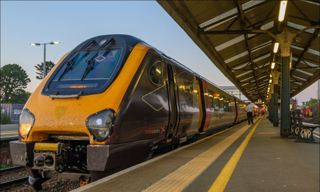
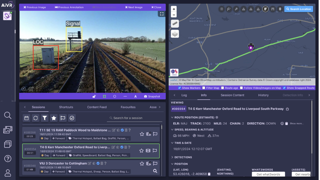
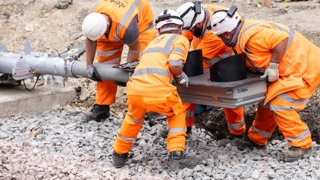
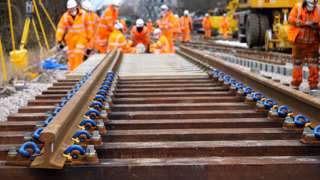











Login to comment
Comments
No comments have been made yet.